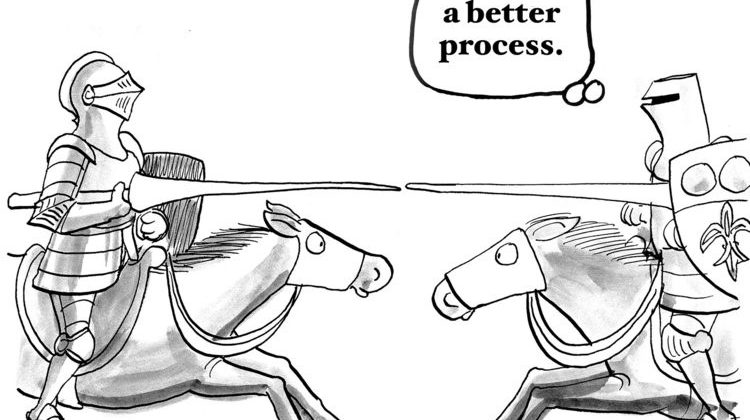Why Using a Business Expert as a Mediator Is a Good Idea?
Has your business come to a standstill because of undisputed issues?
Don’t have anyone on staff with the credentials, expertise and negotiation skills required to resolve them?
If you answered yes, you need a Business Mediator who knows the corporate world inside and out.
Why You Need a Business Expert as a Mediator
Running a business can be demanding not only physically but mentally as well. Your aim should be to think of and implement strategies for business growth. Wasting time handling petty disputes can delay that growth for years.
However, these are inescapable parts of running an organization, which, if handled well, can result in big gains. It could be anything from a contractual dispute to a disagreement between business partners. In such cases, a business mediator can prove invaluable because they:
De-Escalate Tense Situations
Irrespective of the scale of a conflict, things can get heated and if they escalate, the experience can be quite draining.
Take contractual disputes, for instance. Irrespective of how complex or simple a contract is, there is always room for doubt and ambiguity. If those issues are not resolved, one party may threaten to sue the other or ask for monetary compensation for supposed damages.
Rather than taking this costly route, if both parties agree to a mediation agreement, both can get what they want with an amicable solution.
Resolve Disputes Amicably
Mediation offers an amicable way to resolve conflicts without escalating them since it doesn’t take sides. The aim is to find a solution that meets the needs of both parties, which is what the mediator is responsible for. Since both parties come to an agreement together, they are more likely to follow it and since the experience can be referenced for future disputes, it can nip potential issues in the bud.
This is more preferable to hiring a lawyer who may charge you an arm and a leg. Additionally, mediation works more quickly and can last for a few hours at most, unlike dispute resolution from a lawyer that can take several hours to complete. If the other party hired their own attorney, the conflict could last for days. Additionally, unlike public court cases, mediation is conducted behind closed doors at a venue that is convenient for both parties.
Are Masters of Communication
Skilled mediators are Masters of Communication. They know how to read people, diffuse tension, and streamline open discussions that can result in conflict resolution. In other words, they are masters at refocusing people on mutually beneficial outcomes without ruffling feathers, so to speak. As critical thinkers and problem-solvers, they help involved parties to see a conflict from a different viewpoint, without letting personal biases interfere.
That is not to say that mediation always ends in a settlement. However, even if you don’t end up agreeing with the other party after going through it, you will at least be aware of their biggest concerns in the conflict and can act accordingly in the future.
Mediation vs. Arbitration
Mediation is often confused with arbitration, but they are quite different. The former is an informal back and forth debate between two conflicting parties, while the latter is more formal and dependent on processes that the arbitrator sets in place beforehand. Arbitration usually occurs in court and the decision is binding. Mediation is non-binding because the mediator does not impose his/her decision on the parties. Their aim is to facilitate the situation, not escalate it with aggressive tactics.
Why You Should Hire Me as Your Mediator
With extensive knowledge of Business Law and with four decades of experience as an accomplished business owner, I bring in-depth insight on key complexities and issues that can derail a corporation if they are not resolved amicably.
My main areas of expertise include:
- Pre-suit disputes.
- Business Valuation
- County Mediations.
- Civil mediations for contracts, landlord/tenant disputes, intellectual property, internet, and social media.
- Alternative conflict resolution.
In the business realm, even the smallest issues can take on devastating proportions if they are not resolved in a timely and cordial manner. Whether it involves contractual obligations or issues between investors, vendors, employees, or creditors, I have the business experience and extensive insight into corporate legal frameworks to make a positive difference.
Besides streamlining the mediation process, my expertise saves time. Think about it. Would you rather spend more time negotiating terms or explaining basic terms to the mediator? With a skilled and qualified mediator, you can expedite these meetings without incurring extra costs.
Brought to by Inspired Mediation, Boca Raton, FL 33433
Resolving Conflicts, Respectfully™











